Featured Image: Sepp Mallaun
Lorraine Huber’s climb to the top of the Freeride World Tour (FWT) podium in 2017 was anything but easy. The Austrian-born freeride athlete first got her start as a ski instructor when she was just 16 at her home resort, Lech am Arlberg. From there, Huber earned her ski guiding certification, got invited to photoshoots and landed her first film segment in 2006. It wasn’t until she was 27 that she started competing on the tour and it would take another 10 years before Huber would find her golden ticket to success on freeriding’s biggest stage.
On top of being one of the world’s best freeride competitors and filming at least one segment a season with productions like Warren Miller, Huber also started her own Women’s Progression Days ski camps and graduated with a Masters in Mental Strength Coaching to become a coach for others. Nowadays, Huber has retired from the competition side of things to focus on her coaching and guiding objectives, including her newly released, six-part Master Skills Series to help others build confidence and become mentally stronger athletes. We caught up with Huber to chat about everything from filming and competing, to building confidence and avoiding the common mental traps we can all fall into. Keep reading for the full Q&A, below.
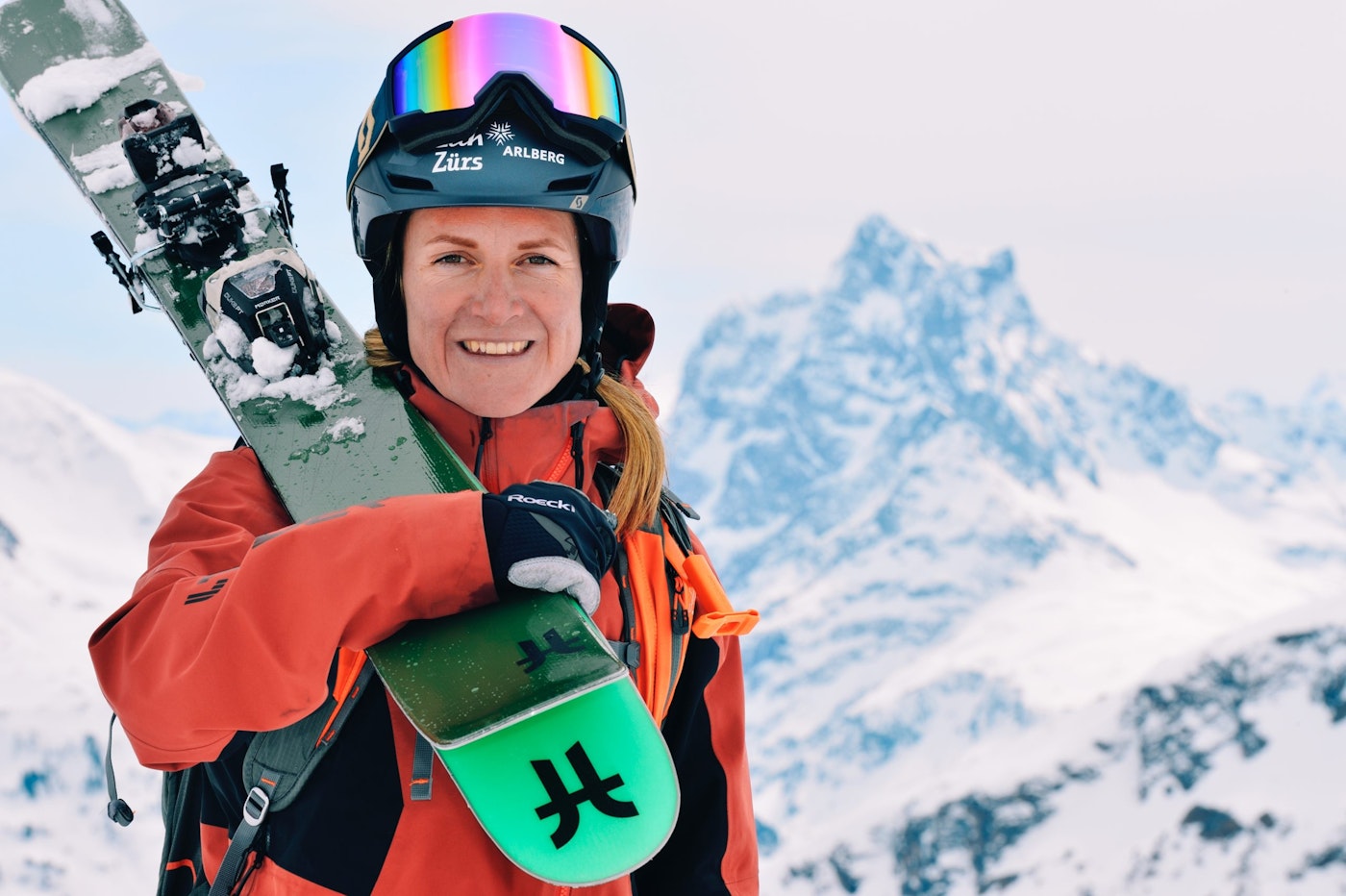
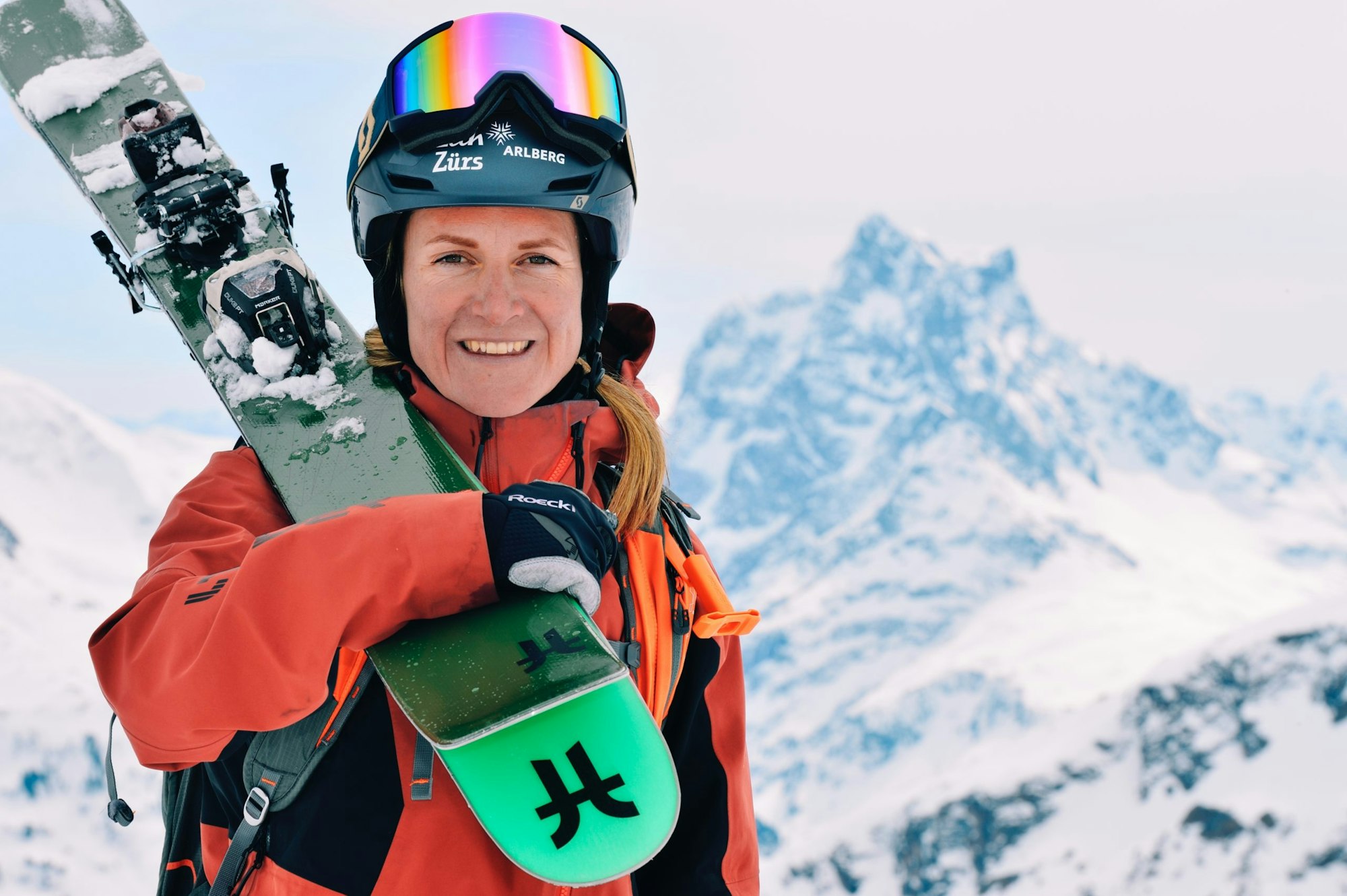
What was the transition like to go from filming to competing on a tour that doesn’t allow practice runs?
In my mind, the bigger challenge is to compete. Like you said, there are no practice runs you only have that one shot. So you’re flying up to Alaska and you may have to wait for two weeks—we actually did that back in 2015. We had a two-week window to wait for the weather and stability we needed to compete, and in Haines there’s minimal skiing compared to what we’re otherwise normally doing. Then you get flown up in the heli, you get a mini warm-up run, maybe 100 to 200 vertical meters, and then you just have to get rad [laughs]. It’s a huge challenge because filming gives you a bit more leeway.
I really like the combination though, I felt like filming prepared me for the comps. It’s good to do both, I’d recommend to any athlete who wants to be a professional to do both.
If you could only do one, would you rather film or compete and why?
I never had huge sponsors who sent me on big productions. For me, if I didn’t have the FWT as a platform I would never have been able to make the career like I did. If I only relied on filming to become a professional, I’m not sure I would have ever gotten the contracts that I got. Here in Europe, we don’t really have big film productions [like in North America] and the tour is quite important. A lot of the stops are based here and the FWT has a lot of status in Europe. It was a way for me to get more sponsors who were interested in that and it gave sponsors a type of quality control. [Compared to filming] competing is a much more level playing field, it doesn’t matter who your sponsors are, what connections you have or how much money you have to film. So if I had to choose, I would say competing. To me it is a much more pure sport.
Another thing I want to note is that I rarely got the chance to ski with a lot of other women. Even at my home ski area in the Arlberg, which is literally one of the best freeride resorts in the world, there are very few women here freeriding. The comps are so crucial for women, especially, because it gives us a chance to get together. Competing with each other raises the level and the vibe. It gives you so much inspiration and drive and it’s just so much fun to rip around with these women. I never would have met them otherwise. The tour gave me so many more opportunities that I never would have had if I just stuck to filming, no doubt about it.
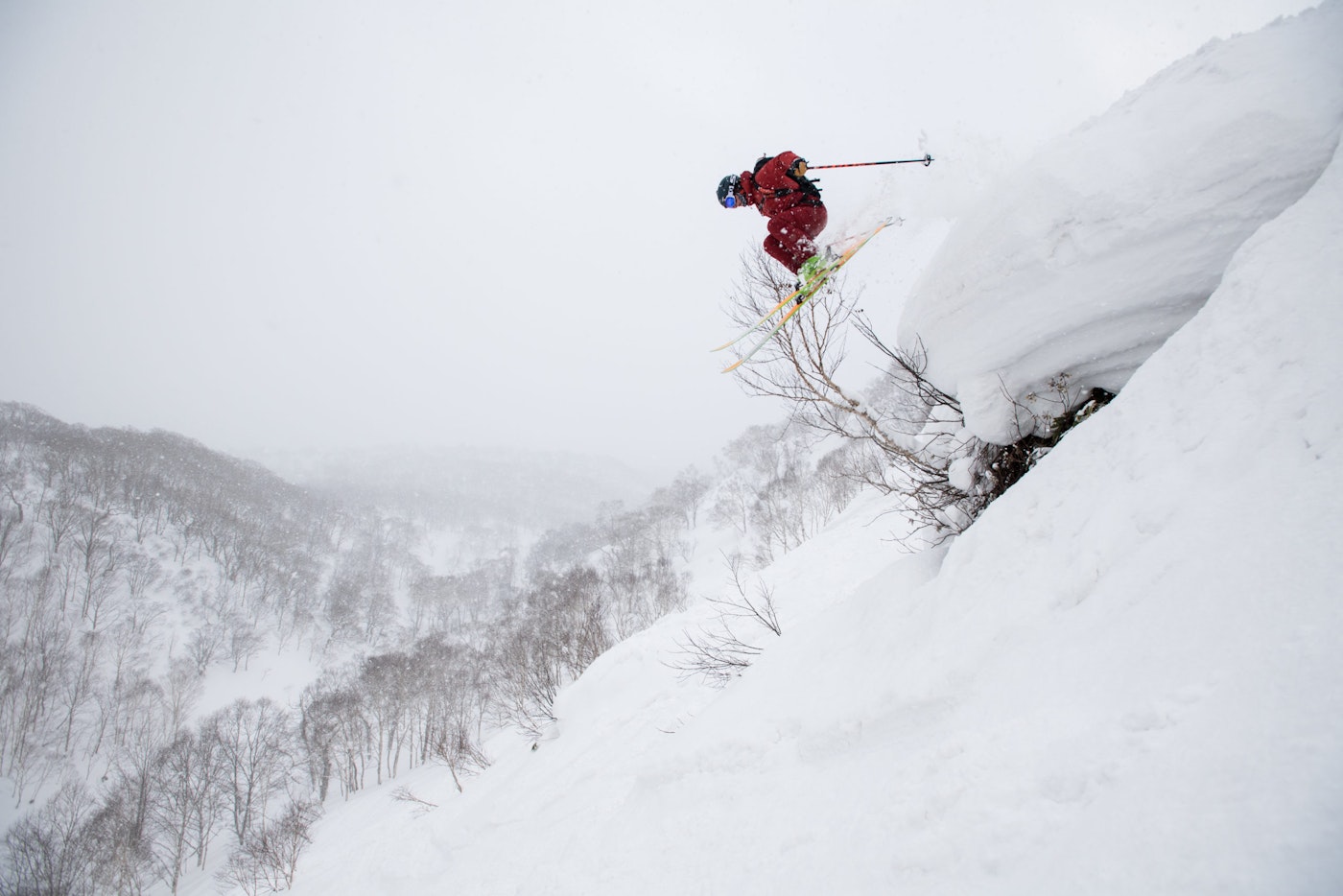
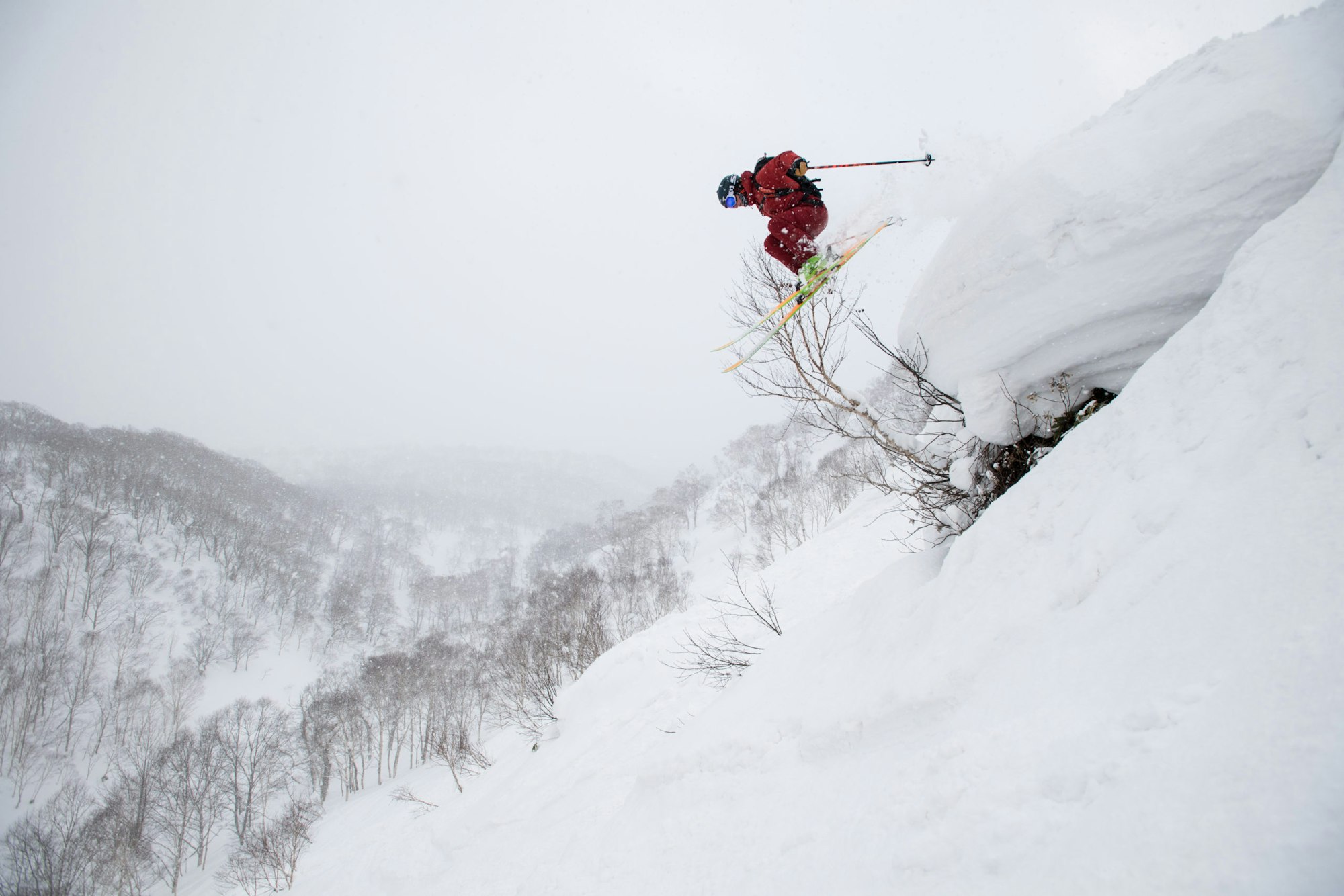
You’ve been involved with the FWT for quite some time, what kind of changes have you seen, if any, in terms of female progression?
There’s been a lot of progression. Where I’ve seen the most progression is definitely in terms of playfulness and building in tricks in a line. Now it’s not just that one female competitor who can build in a 360, it’s three, four, even five competitors who can do 360s and maybe just as many who can do a backflip. From just having that one or maybe two girls who you could expect a trick from, I feel like now we’ve finally gotten to a stage where it’s becoming more of a norm for the women, which is super exciting. The women have struggled to get that recognition and I feel like they are in a place now where they absolutely have that and they have the respect that they deserve and it’s really good to see that.
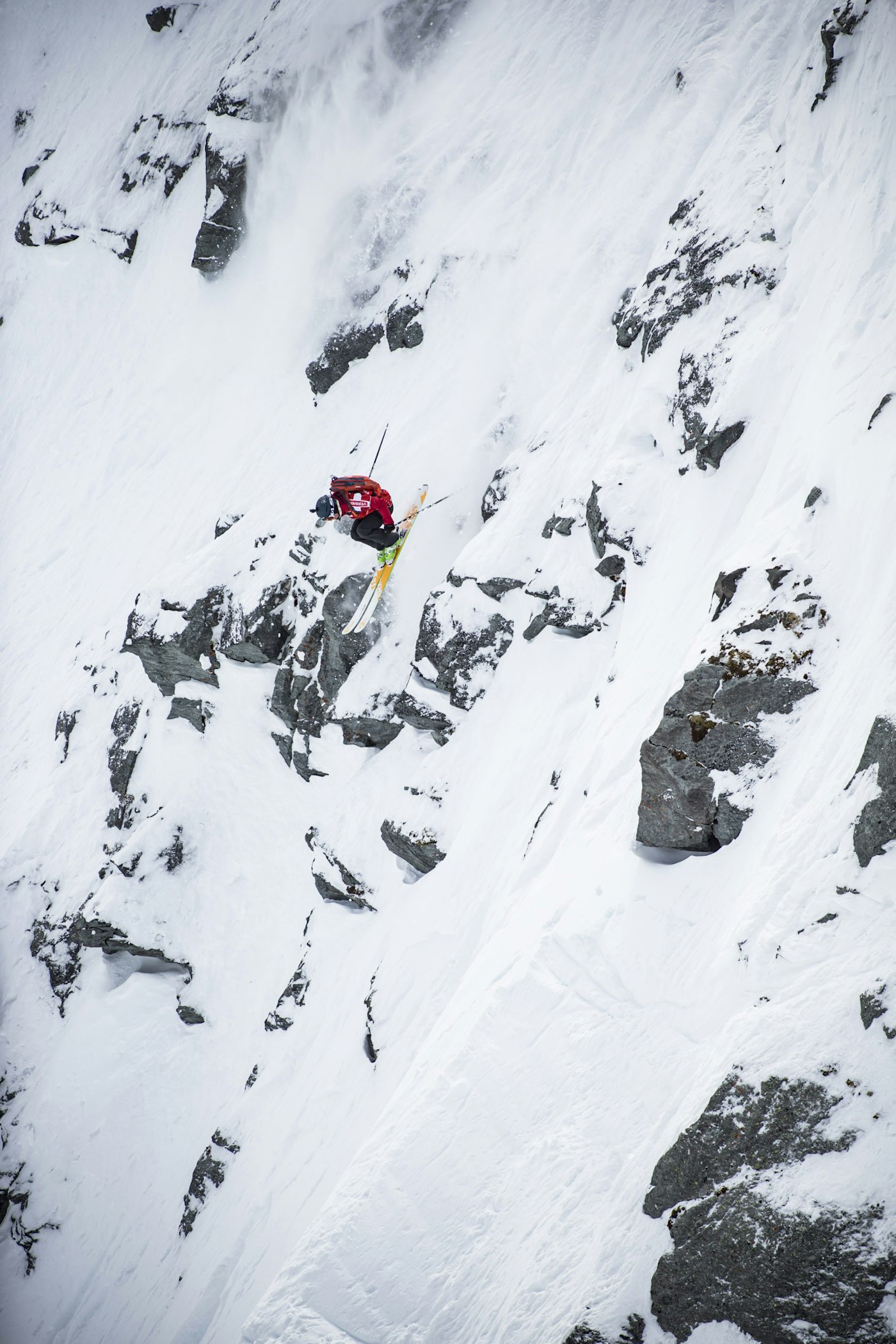
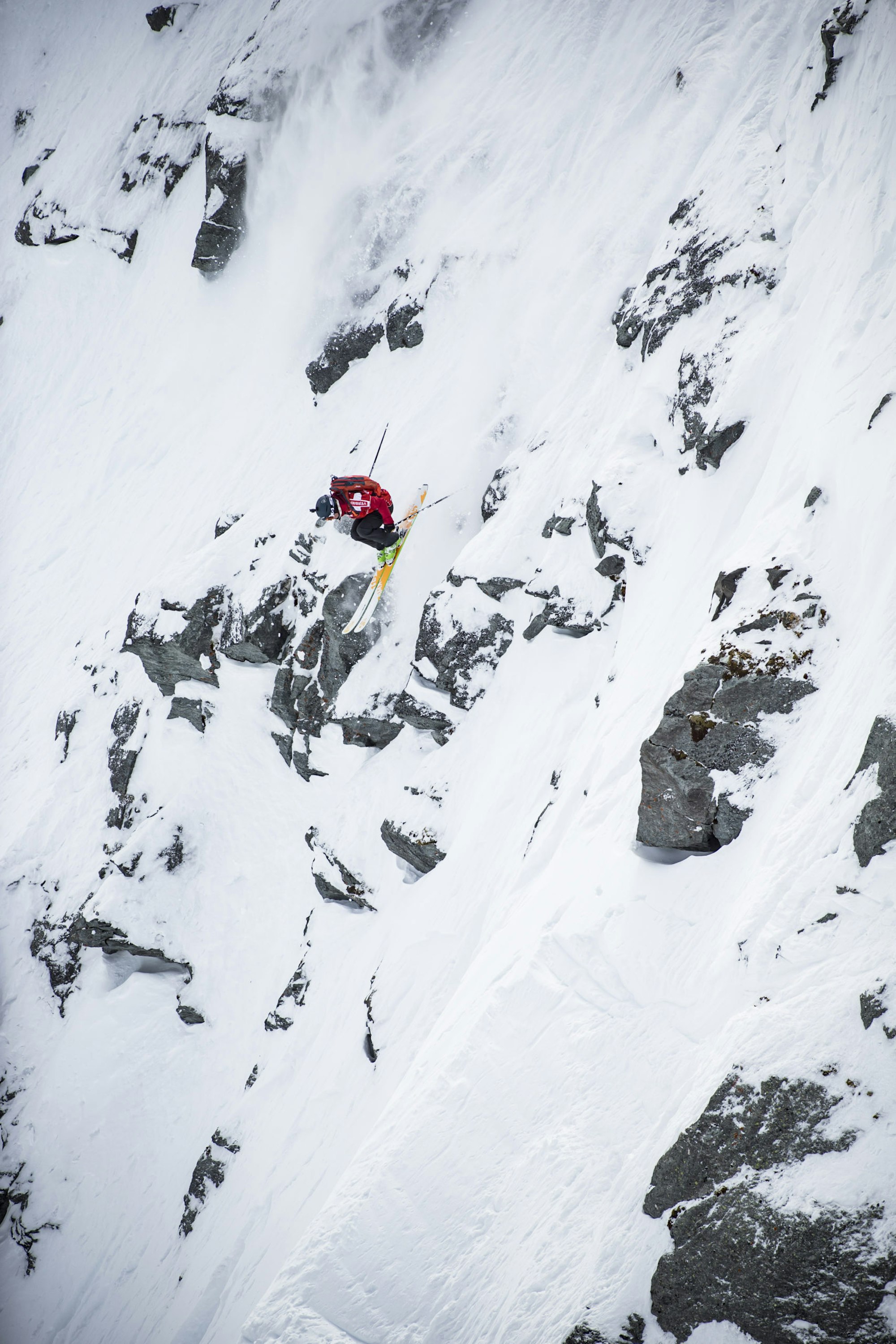
What inspired you to create the Mental Toughness Master Skills series and who is it for?
It’s my way of giving back to the sport that has given me so, so much. I think because I never had a coach or mentor, I had to learn so much on my own and it took a long time. I’m really happy to give young athletes a helping hand and a shortcut. I think it’s a really cool thing to do and I’ve always loved passing on knowledge. I started ski instructing when I was 16 because I love teaching people things, I love seeing them improve and get to experience something they’ve never been able to do before. I guess I just have this need to share and who better to share with than young up-and-coming athletes who could really use that information that literally took me a decade to get. I think because it took me so long to learn those skills, versus someone who is just naturally tougher and didn’t struggle so much, I feel like I can connect with others in that way.
Can your mental game make or break a ski career?
Oh, for sure. So much so, and in so many ways. For one, how do you deal with setbacks? A setback can either be fuel for you to keep working on something, it can tell you what you still need to work on, it can give you drive, inspiration and motivation or it can totally derail you and cause you to love skiing a little bit less. That’s all to do with your why. Why are you skiing, what are you doing it for? Are you doing it for the money and fame and only sticking with it if it’s going great? If you’re giving up then, then all you want are the outcomes. You’re not doing it to progress and learn new skills. You’ve gotta be in love with skiing in order to come back from setbacks, failures and injuries to get to a place where you’re fully present and free.
What is a common mental trap most skiers tend to fall into and how can we avoid it in the future?
The most common mental trap is focusing your attention way too much on winning and not actually focusing on the task at hand. Basically focusing on what you have to do in that very moment. When you’re focused on results and outcomes, which are out of your control, you’re essentially distracting yourself. If you really want to perform at your best, you need your attention to be fully on what you’re doing at that moment and what you need to do to perform. If you’re worried about what the judges are thinking, what your sponsors are doing or how other people see you, you’re not fully present. Your attention is limited, you can only focus on seven bits of information per second, so if our attention is being blocked by these redundant thoughts that don’t help you perform, you’re diminishing your potential.
You also run Women’s Progression Days camps, where did the inspiration for that come from?
It’s always been really important to me to help other women build confidence and get into freeriding and improve in freeriding. The first camp was back in 2008 in Lech am Arlberg. We have freeride and ski touring camps just for women with a real focus on progressing their technical skills and risk management in backcountry terrain. And now that I’m done competing, I’m offering more camps for more women.
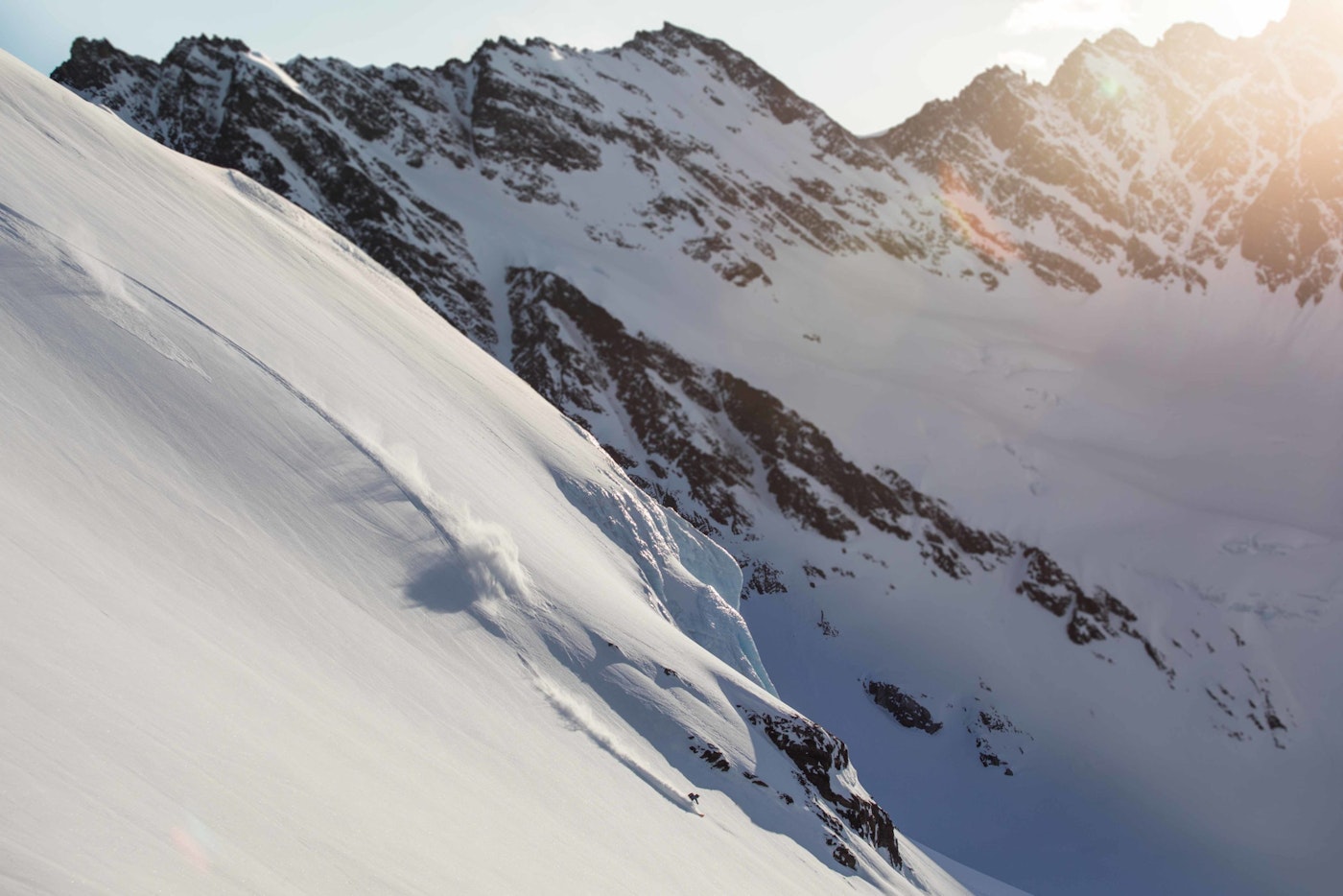
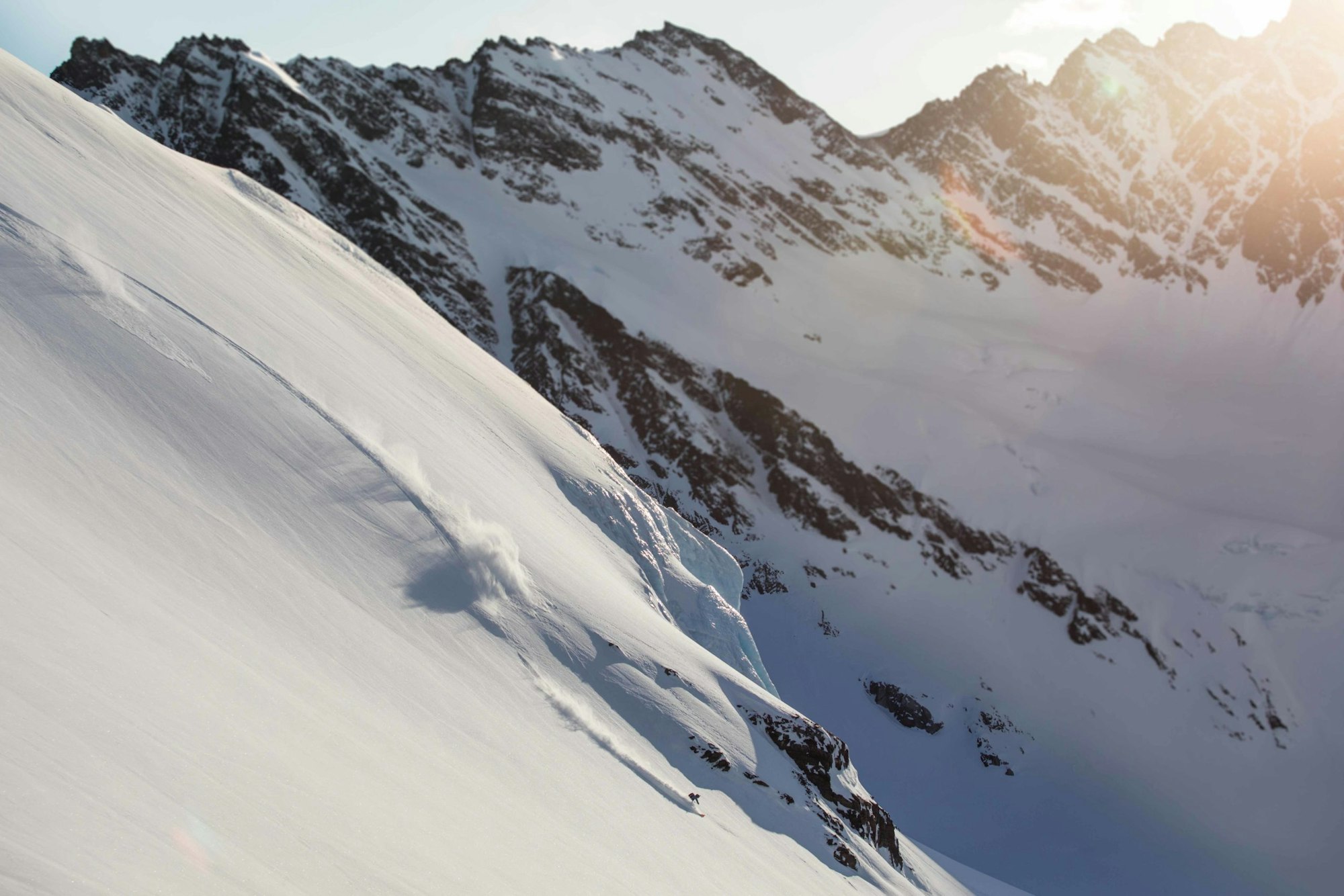
PHOTO: Zoya Lynch
I always have nuts with me and dried fruits—figs, walnuts, pecans, raisins. And then tea or even just hot water, having something warm in your belly is the best. If I’m doing a bigger day I’ll bring a sandwich as well with butter and cheese in there. Things with a lot of fat and protein go a long way, that’s why nuts are so great.
Is there a quote or motto that you try to live by?
“Life begins at the end of your comfort zone,” from Neale Donald Walsch. It’s just a really good reminder that we have the best moments in life when we are applying ourselves well in a challenging situation. We don’t have the best moments in our lives when it’s super easy and pleasurable, it’s when we’re stretching our skills and learning and growing from that, that we are happiest in life.
What are you looking forward to on the FWT this year?
I’m stoked on the women’s field. The 12 women who have qualified, I can’t wait to see them ride.
Piece of advice for young competitors?
Focus on the process, not on the results.
![[Q&A] Catching up with Lorraine Huber about mental strength and the confidence needed to compete](https://www.datocms-assets.com/163516/1751497420-fs_lorrainehuber_featured.jpg?auto=format&bg=FFFFFF&w=100)
![[Q&A] Catching up with Lorraine Huber about mental strength and the confidence needed to compete](https://www.datocms-assets.com/163516/1751497420-fs_lorrainehuber_featured.jpg?auto=format&bg=FFFFFF&w=1200)
![[GIVEAWAY] Win a Legendary Ski Trip with Icelantic's Road to the Rocks](https://www.datocms-assets.com/163516/1765233064-r2r26_freeskier_leaderboard1.jpg?w=200&h=200&fit=crop)
![[GIVEAWAY] Win a Head-to-Toe Ski Setup from IFSA](https://www.datocms-assets.com/163516/1765920344-ifsa.jpg?w=200&h=200&fit=crop)
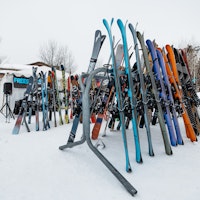
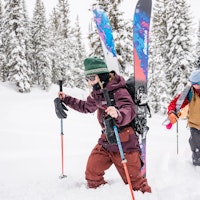
![[GIVEAWAY] Win a Legendary Ski Trip with Icelantic's Road to the Rocks](https://www.datocms-assets.com/163516/1765233064-r2r26_freeskier_leaderboard1.jpg?auto=format&w=400&h=300&fit=crop&crop=faces,entropy)
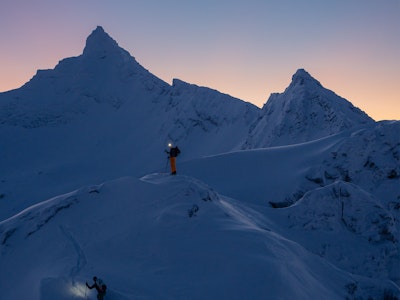
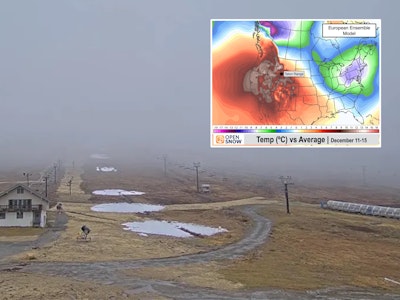
![[GIVEAWAY] Win a Head-to-Toe Ski Setup from IFSA](https://www.datocms-assets.com/163516/1765920344-ifsa.jpg?auto=format&w=400&h=300&fit=crop&crop=faces,entropy)
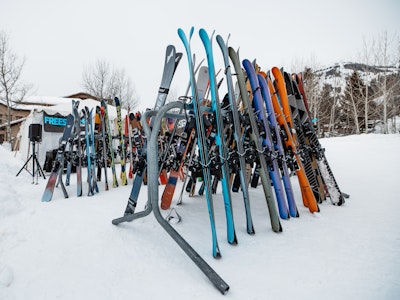
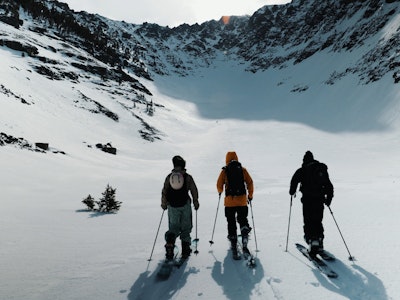
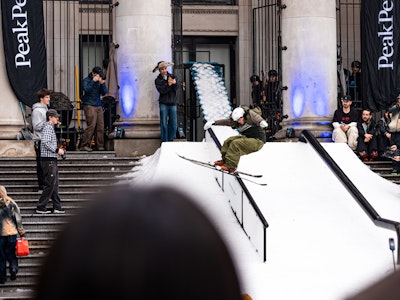
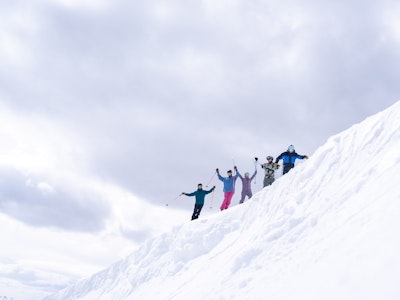
![[Q&A] Catching up with Lorraine Huber about mental strength and the confidence needed to compete](https://www.datocms-assets.com/163516/1751497420-fs_lorrainehuber_featured.jpg?auto=format&bg=FFFFFF&w=2000)